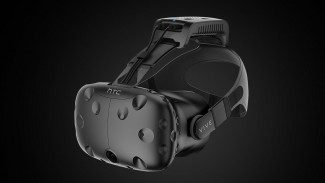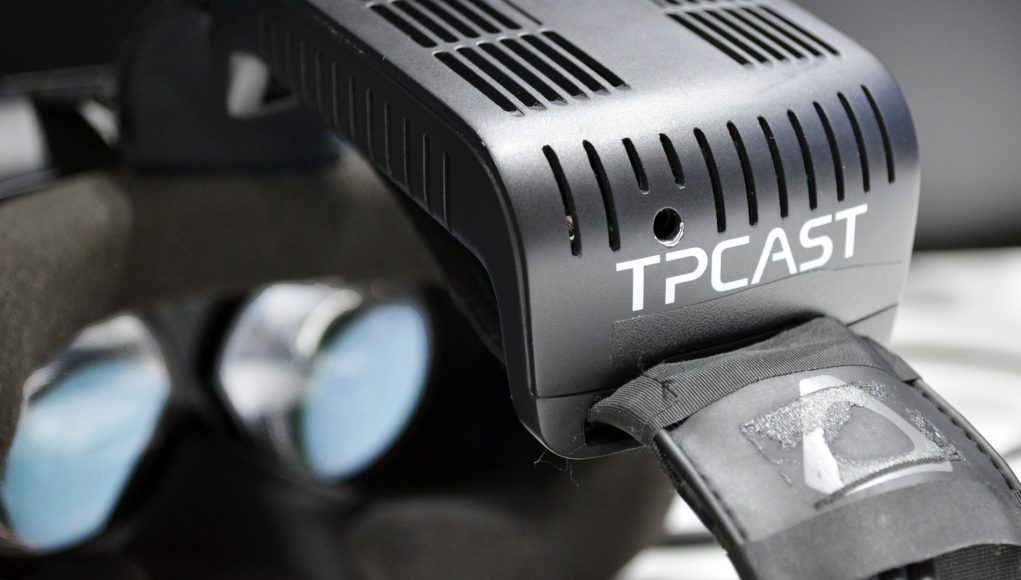Shipping of the first TPCAST Wireless Adaptors for HTC Vive has been delayed for a few weeks and is now expected by the end of April. In a statement posted on Weixin, TPCAST apologised to pre-order customers, explaining that production and testing processes took longer than originally planned.

TPCAST’s wireless VR solution has been available for pre-order on the Chinese online Vive store since November 2016, originally promising the Early Edition would ship in Q1 2017. Now that the first batch is delayed until the end of April, the worldwide roll-out, which was announced by HTC at CES for Q2 2017 may also see a similar delay.
The wireless system is one of several new solutions that promise to cut the cord on high-end VR, a technology that will hopefully become a standard feature of tethered VR headsets within the next few years. Priced at $249, TPCAST’s adaptor is an expensive accessory, but some Vive users will feel the convenience and added immersion of a tether-free experience justifies the cost; less price-conscious out-of-home VR businesses like VR arcades may find the tech suitable as well.
To thank early adopters for their patience and support, TPCAST is adding a free TransQ—a small device capable of mirroring content from a cellphone to an HDTV—to each pre-order, as well as upgrading the Early Edition versions of the Wireless Adaptor to the larger 20,000 mAh battery, good for ~5 hours of continuous use, according to the company, compared to ~2 hours for the standard version.







